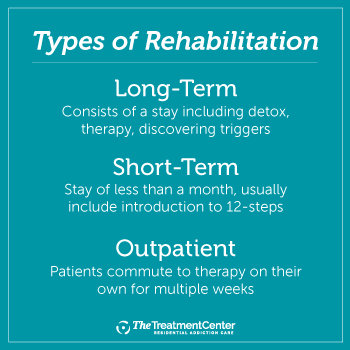Best Christian Mental Health Treatment Centers Resources and Information Online for Oakdale NY
Home
Best Christian Mental Health Treatment Centers Resources and Information Online for Oakdale NY. You found the complete source for total information and resources for Christian Drug Rehab on the web.
The addiction syndrome is also hypothesised to be associated with life trajectories that have occurred within the context of traumatogenic processes, the phases of which include social, cultural and political factors, encapsulation, traumatophilia, and masturbation as a form of self-soothing.[33] Such an approach lies in stark contrast to the approaches of social cognitive theory to addiction—and indeed, to behavior in general—which holds human beings regulate and control their own environmental and cognitive environments, and are not merely driven by internal, driving impulses. Furthermore, Marlatt stresses some decisions—referred to as apparently irrelevant decisions—may seem inconsequential to relapse, but may actually have downstream implications that place the user in a high-risk situation.[citation needed] For example: As a result of heavy traffic, a recovering alcoholic may decide one afternoon to exit the highway and travel on side roads. For assistance you can fill out the submission form or call us direct or both and we look forward to helping out.
Where do parent turn when their teens are out ofcontrol? Call now to be connected with a compassionate treatment specialist. (888) 365-2740 Christian Alcohol Rehab Programs Christian drug and alcohol rehab programs work to rebuild faith, restore health, and foster a spiritual awareness that will help you abstain from alcohol abuse and addiction in the future. Nicotine patches used over a period of several weeks with decreasing amounts of nicotine, for example, reduce the cravings for tobacco and eventually help to kick the habit.
Even more Information Around Christian Recovery Homes

Even more Details About Christian Drug Addiction Treatment Centers
Drugs ruin peoples lives, break up families and have disastrous effects on our communities. These are all warning signs of something under the surface is going on in their life. Some are obstinately against it, others are reluctant with an open mind, and then there are those who truly want it from day one. In fact, teens are more likely to abuse prescription and over-the-counter drugs, including painkillers, stimulants, sedatives, and tranquilizers. For as long as there have been issues in drug and alcohol abuse, there has been a gap between the number of people who need treatment and the number of people who receive it. Lung disease, heart complications and brain damage.
Much more Resources For Christian Recovery Homes
An intervention can also be conducted in the workplace environment with colleagues instead of family. Seeing and experiencing the world—to those who come to realize how foggy their minds were—is an amazing part of adhering to sobriety. “It was a slow process. Our service is free of charge, although we work independently with a number of Private UK rehab clinics who will give you the clinical support you need in this difficult time.
Much more Resources For Christian Recovery Homes
You need to gather detailed information about services and treatment methods which are carried out in the Christian rehabilitation centers. The same laws apply to members of the veterinary profession as to the medical profession and are designed to protect them against becoming dependent upon any drug. At that point, it is up to the individual to apply what they have learned and move forward with life. How to Know if You’re Getting Effective Drug Treatment? It is also possible to find Christian rehab through your church or other religious authorities in your area. State-Funded Rehab Most states provide funding for drug and alcohol rehabilitation services through public mental health or substance abuse treatment centers that can be accessed by those with no insurance or no income. We know that you don’t want this for your future, but we also know how hard getting clean can be. For most students who enter our program, harmful behaviors are driven by the substances they are abusing, from alcohol and marijuana to harder illicit drugs. Here is a list of some information helpline staff may ask from you: Which substance/drug does the person abuse? Known as Client-Directed Outcome-Informed therapy (CDOI), this approach has been utilized by several drug treatment programs, such as Arizona's Department of Health Services.[32] Psychoanalysis[edit] Psychoanalysis, a psychotherapeutic approach to behavior change developed by Sigmund Freud and modified by his followers, has also offered an explanation of substance abuse.
Click Here for More Information
Previous Next
You may also like:
Best Christian Anxiety Treatment Resources and Information Online for Dearborn Heights MI
Best Alcohol Rehabilitation Program Resources and Information Online for Birmingham AL
Best Christian Substance Abuse Treatment Centers In Resources and Information Online for Atwater CA